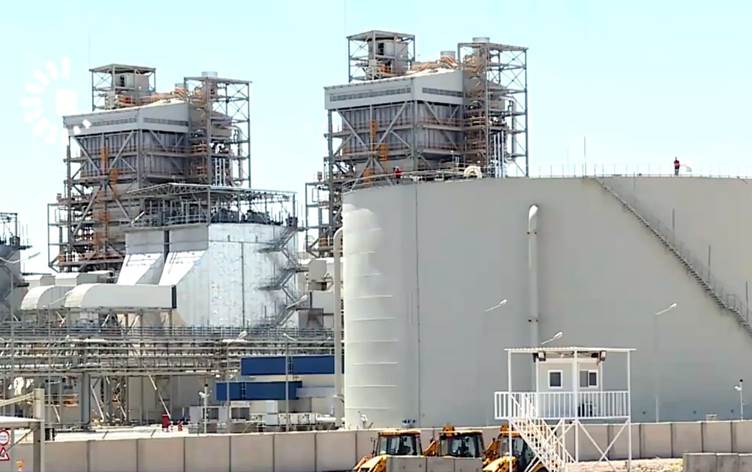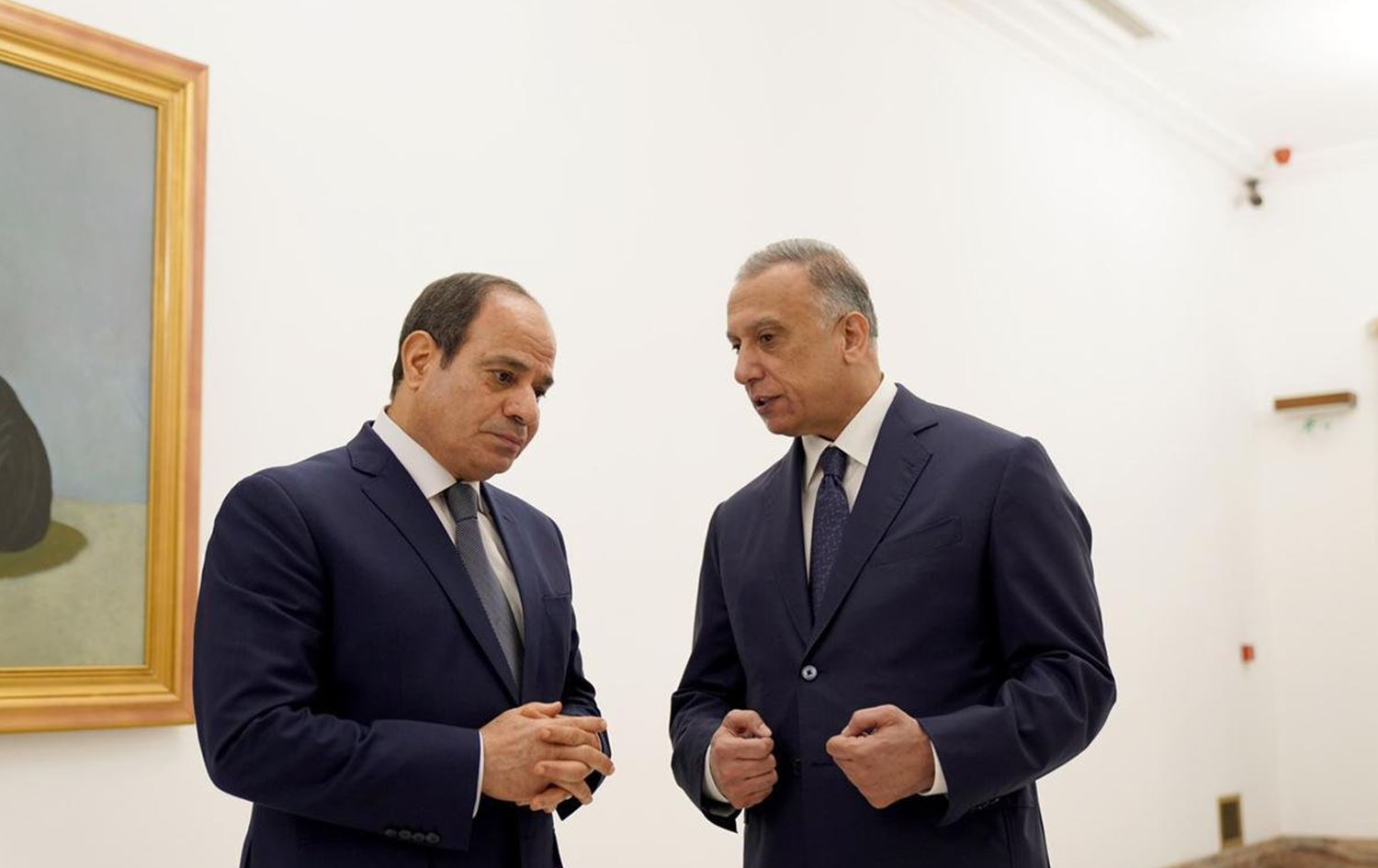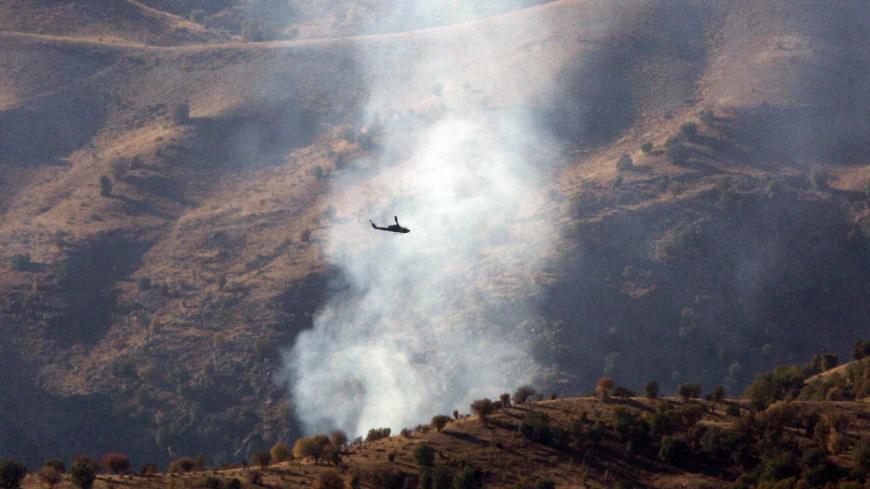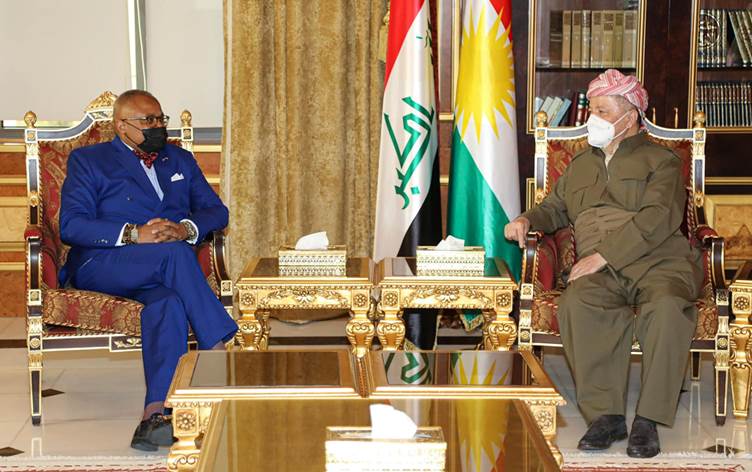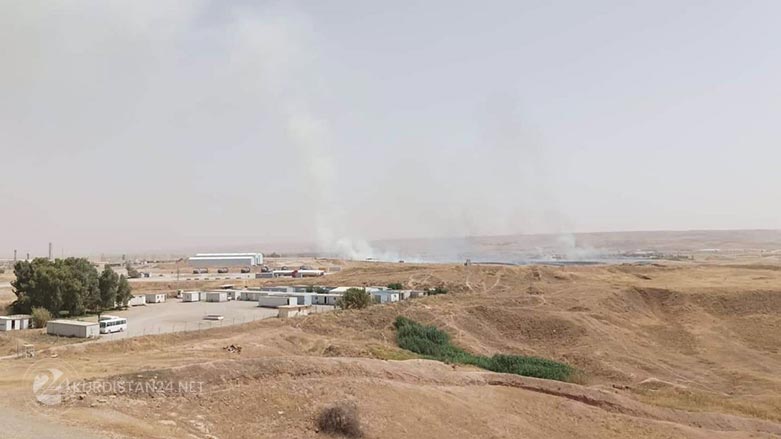Shkoi Kurdistan-
The Kurdistan Regional Government (KRG) expects its daily electricity output across the Region to increase by 10 percent after a new segment of a power plant in Erbil began operating Tuesday – providing a much-needed additional source of energy for residents.
The second section of the Khabat Thermal Power was officially turned on at 11:00 pm Tuesday by KRG Prime Minister Masrour Barzani, nearly three years after the first part of the plant started operating. The plant will now produce 300 megawatts of electricity.
The Kurdistan Region and Iraq suffer from chronic electricity shortages and dilapidated infrastructure. The failure of successive Iraqi and Kurdish governments to alleviate the chronic shortages since the 2003 war has been a near-constant source of public anger.
The power station will cost less to maintain and use unique technology to increase production capabilities, officials say.
“This 300-megawatt project will increase electricity across the Region by 10 percent,” Governor Firsat Sofi said during the inauguration ceremony of the project . The “giant project cost $564 million.”
PM Barzani described the project as “strategic for the Kurdistan Region”.
“This project commenced during the tenure of the previous cabinet, and this cabinet decided to keep up the good work and finish it,” Barzani said at Tuesday’s opening.
The agreement to create the thermal power station was signed in early August 2012 between the then KRG Prime Minister Nechirvan Barzani, the Korea National Oil Corporation, and POSCO, a South Korean steel-making company, who together later constructed the plant.
The agreement stipulated that the station be finished in 36 months, but work on the facility was suspended due to a number of crises that plagued the Region including the fight against the Islamic State (ISIS), Erbil-Baghdad oil and budget issues, an economic crisis, and the massive influx of refugees and IDPs into the Region.
“This is the first project to have been constructed with such advanced technology,” Hogir Shalo, former deputy electricity minister said. “If this project works at full capacity, I would say it will increase electricity by one and a half to two hours.”
The Kurdistan Region currently has 14 power plants, including the Khabat station, which altogether produce over 3,000 megawatts, according to electricity minister Kamal Mohammed.
The Kurdistan Region needs to produce more than 5,000 megawatts of electricity to provide 24-hour power to its residents.
The theft of electricity and excessive consumption has exacerbated power shortages. In response, the KRG introduced new electric meters back in 2018. However, it failed to enforce their installation or monitor their usage, with residents finding ways to manipulate the devices.
The KRG has already approved a proposal to privatize the Kurdistan Region’s fragile electricity sector, but action has yet to be taken to implement it.
“The government and the people will both benefit from it as it will help reduce a significant amount of stolen electricity,” the ministry’s chief of staff Mohammed Ahmed said of the privatization proposal.
